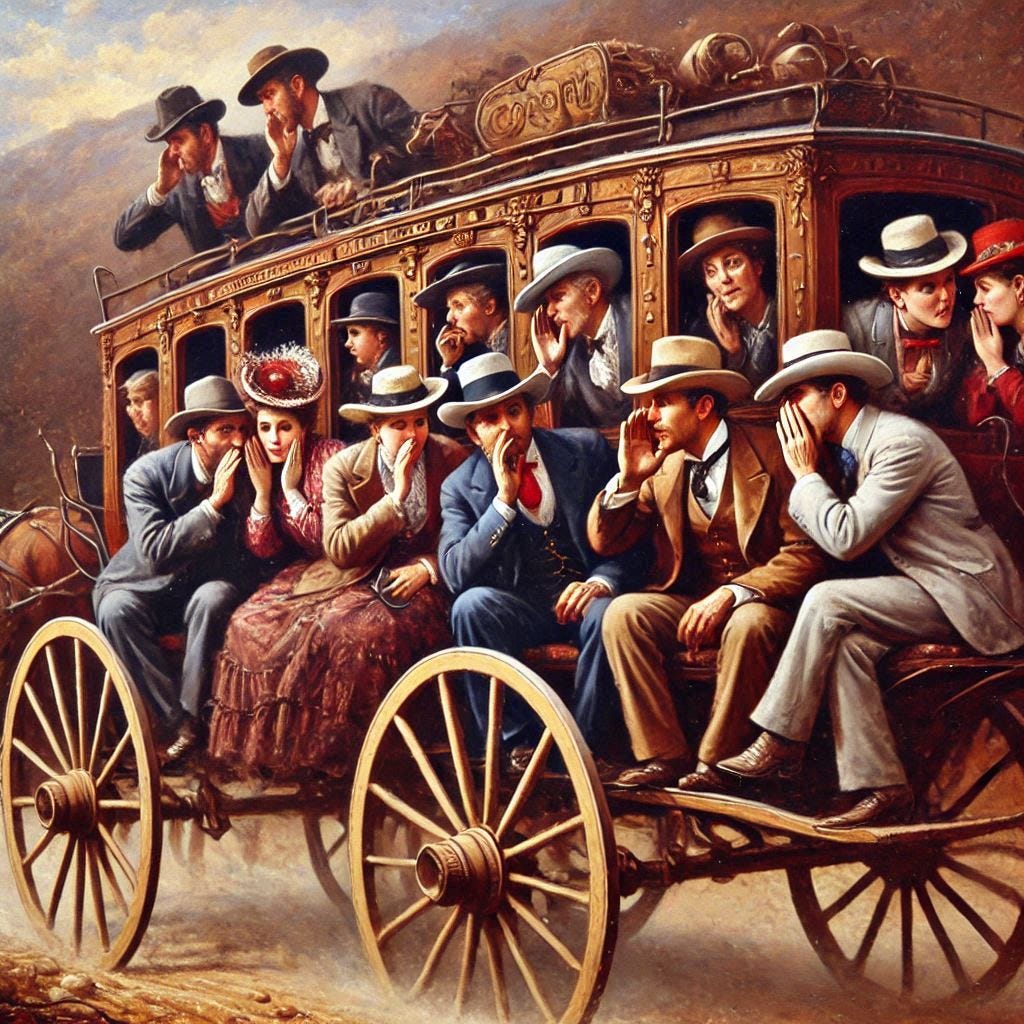וַיֹּאמְר֖וּ אִ֣ישׁ אֶל־אָחִ֑יו הִנֵּ֗ה בַּ֛עַל הַחֲלֹמ֥וֹת הַלָּזֶ֖ה בָּֽא׃
They said to one another, “Here comes that dreamer!”
Gimme Some Torah #621
Joseph’s captivity, and Israel’s ultimate enslavement in Egypt, were partially due to the לְשׁוֹן הָרָע (leshon hara, wick…
Keep reading with a 7-day free trial
Subscribe to Gimme Some Torah to keep reading this post and get 7 days of free access to the full post archives.




